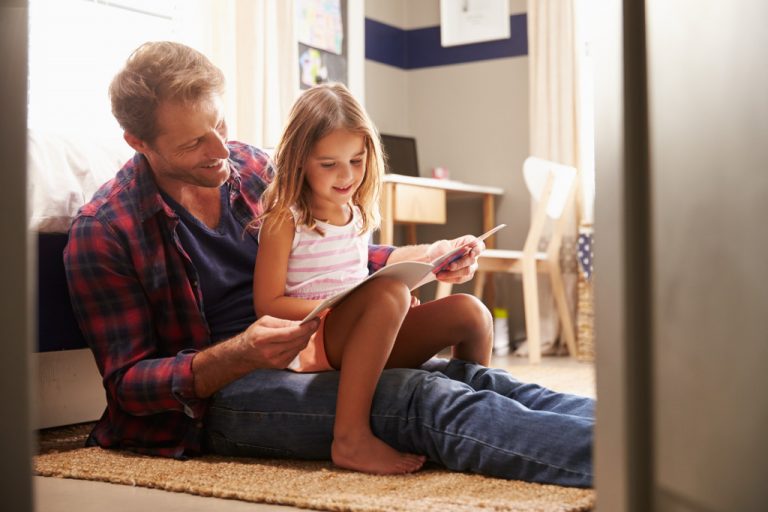If the COVID-19 crisis was hard for us adults, imagine the toll it must have taken on our little ones. Think of the challenges they’ve had to paste in the past year and a half:
- Transitioning to remote learning
- Being forced to stay home and not be able to see the outside world
- Not seeing their friends for more than a year
- Suddenly having to lose social interactions
Kids don’t have the same mental faculties and tools that adults do; they don’t have the same capacity to cope with loss, deal with abrupt and lasting changes, and be resilient in the face of overwhelming difficulty. If, as adults, we’re already having a hard time with self-regulation, imagine how hard it is for your little ones, too. This is why as parents, we must arm ourselves with information on how to help our kids process the pandemic in healthy ways. Here are some ways to help, support, and guide them through the trauma of the COVID-19 crisis.
Don’t be afraid to talk about the D-word
In a year that has seen so many losses, many families experienced losing someone they love due to COVID-19. If your family is one of them, don’t hesitate to speak with your kids about death, clearly and plainly, and with much empathy. Here are some ways you can support your children if they lost anyone they love:
- Help them speak their truth and emotions to power. The only way to do this is by asking questions about how they’re feeling and empathizing with them.
- Teach them how to grieve properly by holding space for their pain. For example, if they say they’re sad about grandpa’s passing, don’t immediately dismiss it by saying, “It will be OK.” Instead, say something like, “I’m sad too. I know you loved grandpa very much. I loved him too, and I know he loved us as well.”
- Don’t skip funerals and rituals. These ceremonies were designed not just to honor our dead but to help us send them off and provide peace for us as well. Tell your kid ahead of time what will happen, explain to them what the headstone or grave marker is for. Tell them that people who loved grandpa very much will be there and that there might be crying and hugging, but it’s because everyone is coming from a place of love.
Understand that your children’s responses may vary
If you have multiple children, you can’t expect them to have the same trauma responses. One of your kids may be clingy, one may be irritable, others may have difficulty with sleeping and eating, and some may demand extra attention. Just know that these responses are natural, and it is incumbent upon you and your partner to extend sympathy and understanding when these responses manifest.
Help them with their schoolwork

Since in-person classes may come back this fall, your kids will need to adjust to this big life change once again. Here are some ways you can support them as they go back to traditional schooling:
- Connect with their teachers. Just like your kids, their teachers are going through so much adjustment as well. They did online schooling by trial and error, and they now have to face a generation of kids who have been cooped up for the past year and a half. Partner with their teachers in helping your kids by asking them what kind of tutoring your kids might need and what their strengths and weaknesses are so that you and the teachers can work together to develop a learning strategy.
- Partner with other parents. Who else can understand you better than those who also went through what you and your family did? Reach out via email, phone, or social media, and consider exchanging tips on how they kept their kids engaged and focused despite the changes. You may also exchange resources that can help each other’s kids in the transition.
- Help them set goals and celebrate with them when they reach milestones. It’s not about pressuring them to achieve certain marks, but reminding them that you are with them every step of the way, whatever their aspirations may be.
Remind them it’s a new beginning
And lastly, remind your kids that we might see a return to normal soon. Now that vaccines are being rolled out, and we might be seeing the end of the pandemic. Let it be a teachable moment by telling your kids that there is a rainbow after each rain and that we can begin again.











